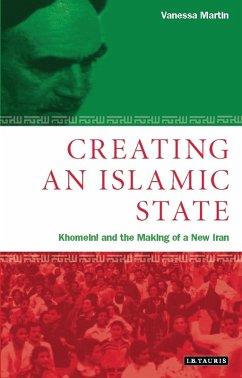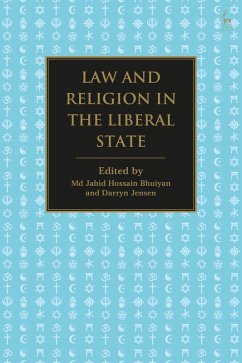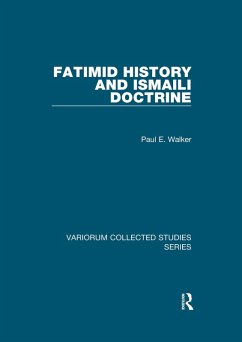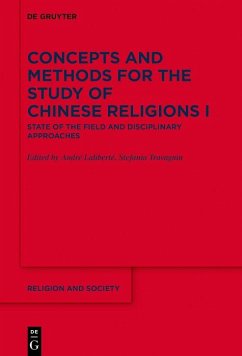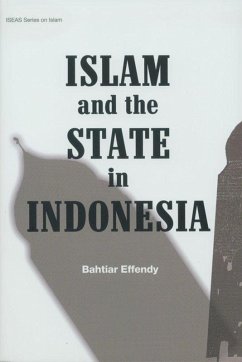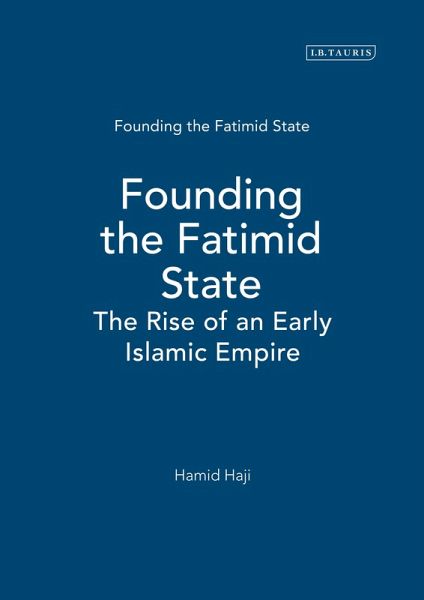
Founding the Fatimid State (eBook, PDF)
The Rise of an Early Islamic Empire

PAYBACK Punkte
15 °P sammeln!
I.B. Tauris in association with the Institute of Ismaili Studies Covering a major work of one of the most important thinkers of early Islam, this is a fresh translation of a text of inestimable importance to our understanding of Fatimid rule that will appeal to all serious students of early Islamic history and culture. This book, the "Iftitah al-Da'wa", is the most important primary source for the emergence of the Fatimid state in the early years of the tenth century. Its author, Qadi al-Nu'man, was an official historian of the Fatimids and an eminent exponent of Ismaili jurisprudence - as wel...
I.B. Tauris in association with the Institute of Ismaili Studies Covering a major work of one of the most important thinkers of early Islam, this is a fresh translation of a text of inestimable importance to our understanding of Fatimid rule that will appeal to all serious students of early Islamic history and culture. This book, the "Iftitah al-Da'wa", is the most important primary source for the emergence of the Fatimid state in the early years of the tenth century. Its author, Qadi al-Nu'man, was an official historian of the Fatimids and an eminent exponent of Ismaili jurisprudence - as well as being perhaps the most distinguished and creative of all the Fatimid thinkers. The "Iftitah" is al-Nu'man's major historical work, and records in detail the background to the establishment of the Fatimid state, first in Yemen and then in north Africa. It is based on official archival and biographical documents that were accessible to the author at the time, and which have not survived. It is thus a highly significant resource for understanding the social and political conditions which prevailed when the Fatimids began to consolidate their rule.






